In response to the COVID-19 pandemic, Department of Medical Ethics & Health Policy faculty have initiated new research projects and developed new educational materials.

Nearly 60 medical groups released a joint statement, organized by our department's Dr. Zeke Emanuel, calling for a COVID-19 vaccine mandate for all health care and long-term care workers. "All health care workers should get vaccinated for their own health, and to protect their colleagues, families, residents of long-term care facilities and patients. This is especially necessary to protect those who are vulnerable, including unvaccinated children and the immunocompromised," the statement read.
Vaccine allocation
Our department's Harald Schmidt, PhD, MA, and his colleagues explore how to prioritize worse-off populations in allocating safe and effective vaccines in this October 2020 BMJ paper. "Reverting to 'color blind' allocation models—ones that ignore the pandemic’s vastly disparate impact, especially on worse-off minorities—would be to risk becoming complicit in structures that, once again, systematically disadvantage worse-off populations," the authors write. In another October 2020 paper, Dr. Schmidt and colleagues explore: Is It Lawful and Ethical to Prioritize Racial Minorities for COVID-19 Vaccines?


Privacy and Web Searches for COVID-19 Info
What are the privacy risks of browsing the Internet for COVID-19-related information? This new JAMA Network research letter authored by our department's Matthew McCoy and Ari Friedman and colleagues assesses the prevalence and characteristics of web tracking on COVID-19-related web pages.
What is the fair and equitable way to distribute a COVID-19 vaccine globally?
Once a safe and effective COVID-19 vaccine has been developed, how should it be distributed globally in the most fair and equitable way? Ezekiel J. Emanuel, MD, PhD, chair of the Department of Medical Ethics & Health Policy, worked with a group of global experts to develop the “Fair Priority Model,” which provides the framework for an ethical distribution of a COVID-19 vaccine. Find the paper here and Penn's press release here.


Regulatory Flexibility in COVID-19 Research
"Clinical research is critical to combatting COVID-19, but regulatory requirements for human subjects protection may sometimes pose a challenge in pandemic circumstances," write our department's Holly Fernandez Lynch, JD, MBE, Steven Joffe, MD, MPH; and Emily A Largent, JD, PhD, RN, and colleagues in their Journal of Law and the Biosciences paper. In this piece, they offer recommendations to enhance the efficiency of research oversight and participant protection more broadly.
Ethical and Clinical Challenges in Inpatient Psychology
What's the right thing to do when faced with patient refusal of COVID-19 testing, quarantine, and social distancing in inpatient psychiatry? Dom Sisti and colleagues explored this question in a BMJ paper and offer a set of policy recommendations.


Tool for Projecting PPE Needs
Through an interdisciplinary effort involving faculty and students from the Perelman School of Medicine, Wharton, Computer Science, and the Penn Medicine Data Science team, we have launched a new publicly available tool for projecting PPE needs for health care workers. This is now being used by several of the hospitals in Penn’s system and is publicly available through the CHIME website. This tool provides a way for health care systems to estimate their needs in conjunction with projected numbers of hospitalization rates and to adjust expected utilization based on modifiable parameters related to PPE conservation policies. Find the publicly available tool here.
Ethics of COVID-19 Challenge Trials
For the past several years, Holly Fernandez Lynch, JD, MBE, has been working with a team of ethicists and scientists led by Seema K. Shah, PhD, (Northwestern University) and Annette Rid, MD, PhD, (NIH Department of Bioethics) to develop an ethical framework for the conduct of challenge trials in emerging infectious diseases. Challenge trials involve intentionally infecting healthy individuals in order to study a virus or test experimental vaccines; they can be valuable in allowing research questions to be answered more quickly and with fewer participants than studies relying on natural exposure to virus “in the field.” Recently, they have applied our framework to the ethics of COVID-19 challenge trials. Read the Science paper here.


6 Recommendations for Allocation of Scarce Medical Resources
Zeke Emanuel, MD, PhD, Aaron Glickman, Cathy Zhang, Connor Boyle, and colleagues worked on a New England Journal of Medicine article that offered 6 specific recommendations for allocating medical resources in the COVID-19 pandemic: "maximize benefits; prioritize health workers; do not allocate on a first-come, first-served basis; be responsive to evidence; recognize research participation; and apply the same principles to all COVID-19 and non–COVID-19 patients."
Free Online Education Courses
The Department’s Online Education Program has rapidly made available a series of free, high-quality video resources to students and faculty across the world who are looking for educational materials related to COVID and who need resources to support remote teaching related to both clinical and research ethics.


COVID-19 CHATBOT
A Penn team led by Roy Rosin, MBA, and Kevin Volpp, MD, PhD, and a team from Google have created an AI chatbot to help answer common questions related to COVID-19. This chatbot helps offload call volume from Penn Medicine’s phone lines to unburden our clinicians and shorten wait times for patients, while also making it faster and easier to find answers. The work that is being done through this is being open sourced, and Google is supporting making this available to health systems worldwide in 23 languages.
Food Delivery for a Food Pantry
Christina Roberto, PhD, and her PEACH team is altering a large randomized controlled trial they are conducting in a food pantry to involve contactless food delivery. This will help their research participants, the majority of whom are older adults, access food in a safe way and continue to participate in a study of online food ordering at the pantry.


COVID-19 WATCH
David Asch, MD, MBA, Mohan Balachandran, MA, MS, and the Way to Health team have led the creation of COVID-19 Watch, a way to monitor low/moderate risk COVID+ patients at home. Patients whose symptoms are concerning are escalated to receive clinical support, allowing our clinicians to focus their attention where it is most needed.
Preparing to Go Back to Bedside
Nurse-turned-bioethicist Emily Largent, JD, PhD, RN, wrote an article for the Petrie-Flom Center about obtaining a Temporary Practice Permit in Pennsylvania. In the blog post, she reflects that her skills as a nurse could be more helpful in addressing asymmetries between supply and demand than her skills as a bioethicist.
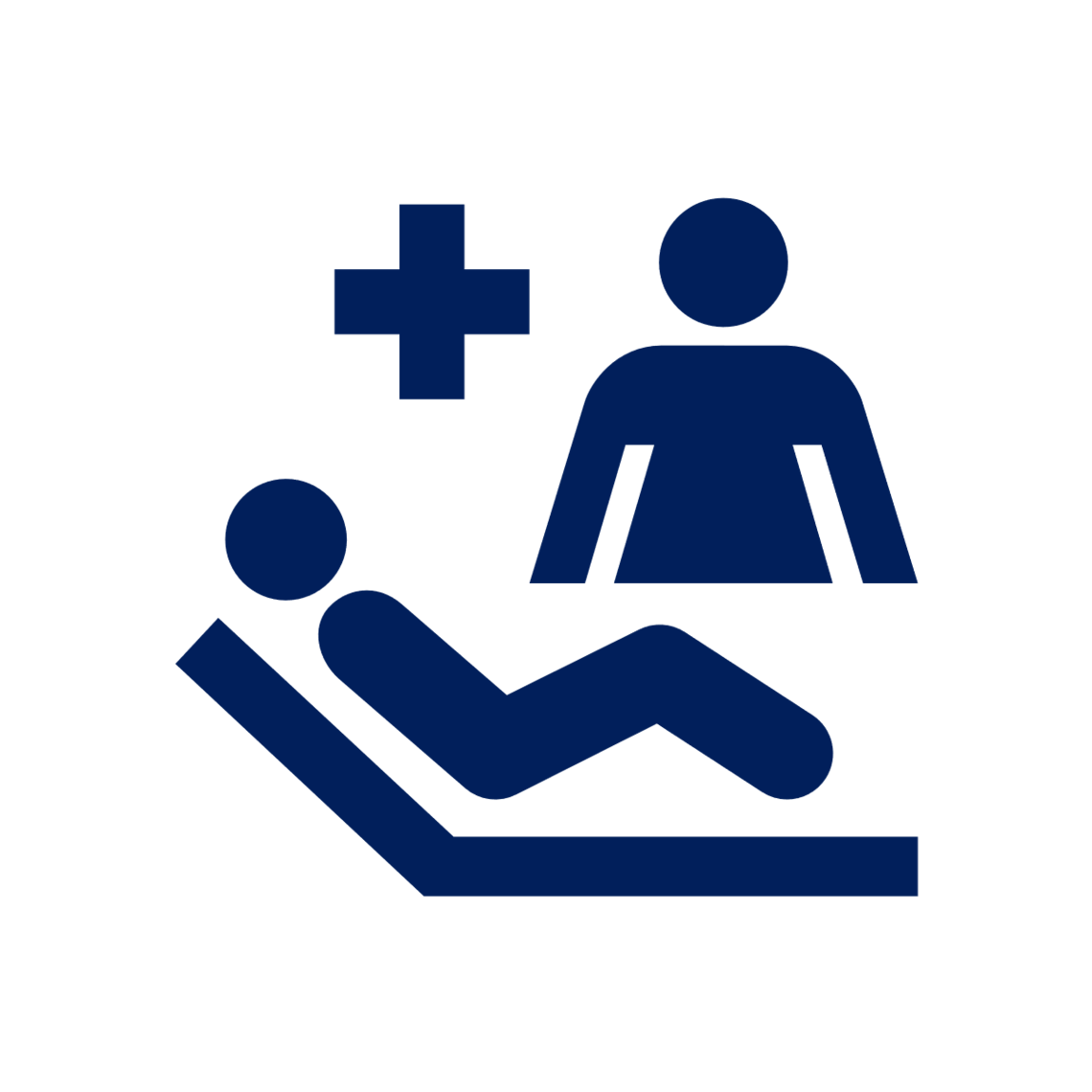
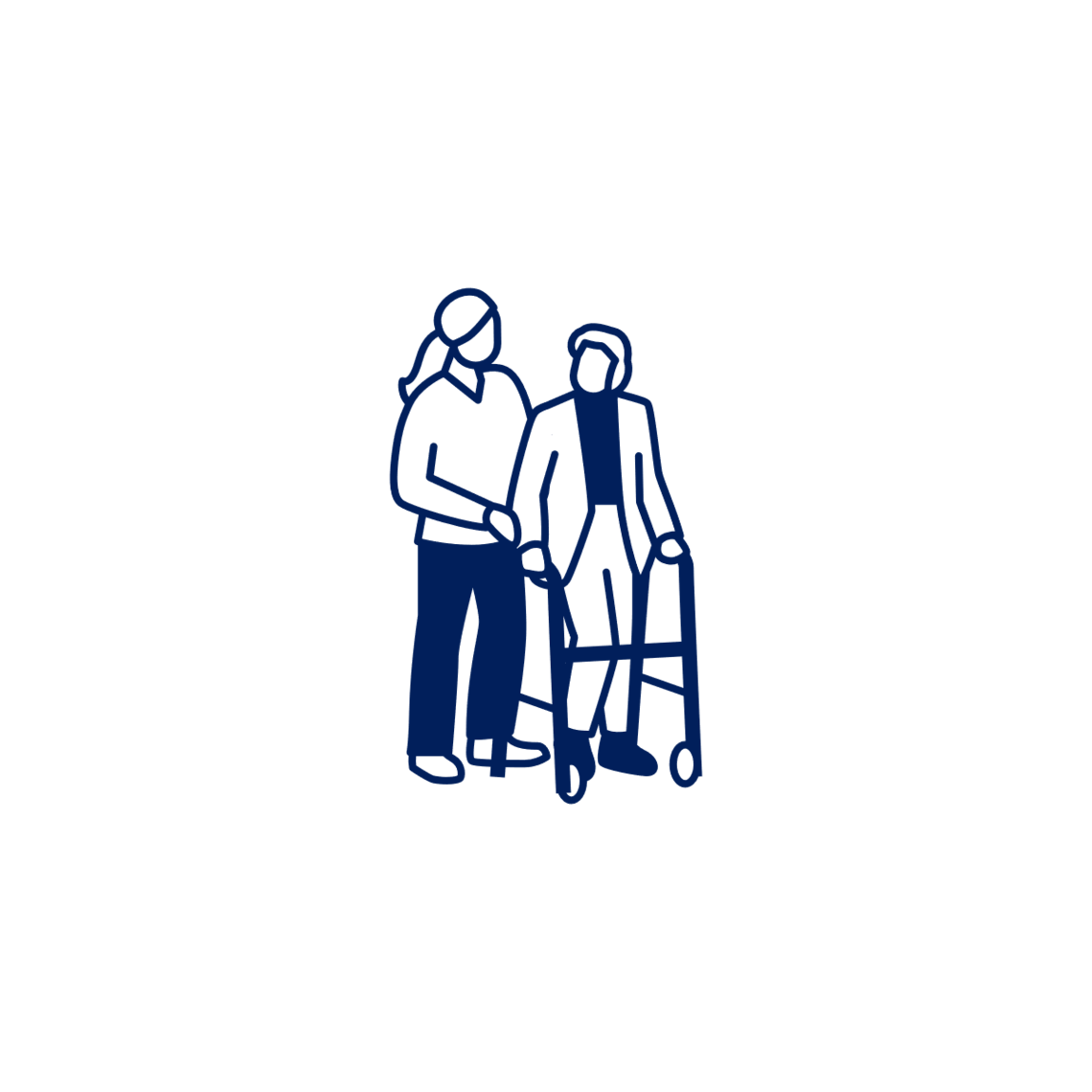
Living Arrangements of Older Adults During COVID-19
Nursing homes are a focus of attention in COVID-19 pandemic with exorbitant infection rates and deaths. However, our department’s Norma Coe, PhD, points out that we can’t forget other congregant settings for older adults, such as assisted living facilities, independent living, and memory care. These settings are less regulated than nursing homes, have lower staffing rates in general, and rely on lower skilled workers than nursing homes. Thus they also pose risks. In a Journal of American Geriatrics paper, Dr. Coe and a colleague take a closer look at this issue.
Podcast: Making the Call
Zeke Emanuel, MD, PhD, and Jonathan Moreno, PhD, developed a new podcast called “Making the Call,” which examines the code of ethics that are the backbone of modern medicine. They answer key questions raised by COVID – 19 including: “How do we decide who gets a ventilator?” “Who, if anyone, can force you to stay home in the interest of public health” and “When there’s a vaccine, who will get it first?” Listen here as they interrogate critical thinking in a time of crisis and show us what it means to be the ones making the call.

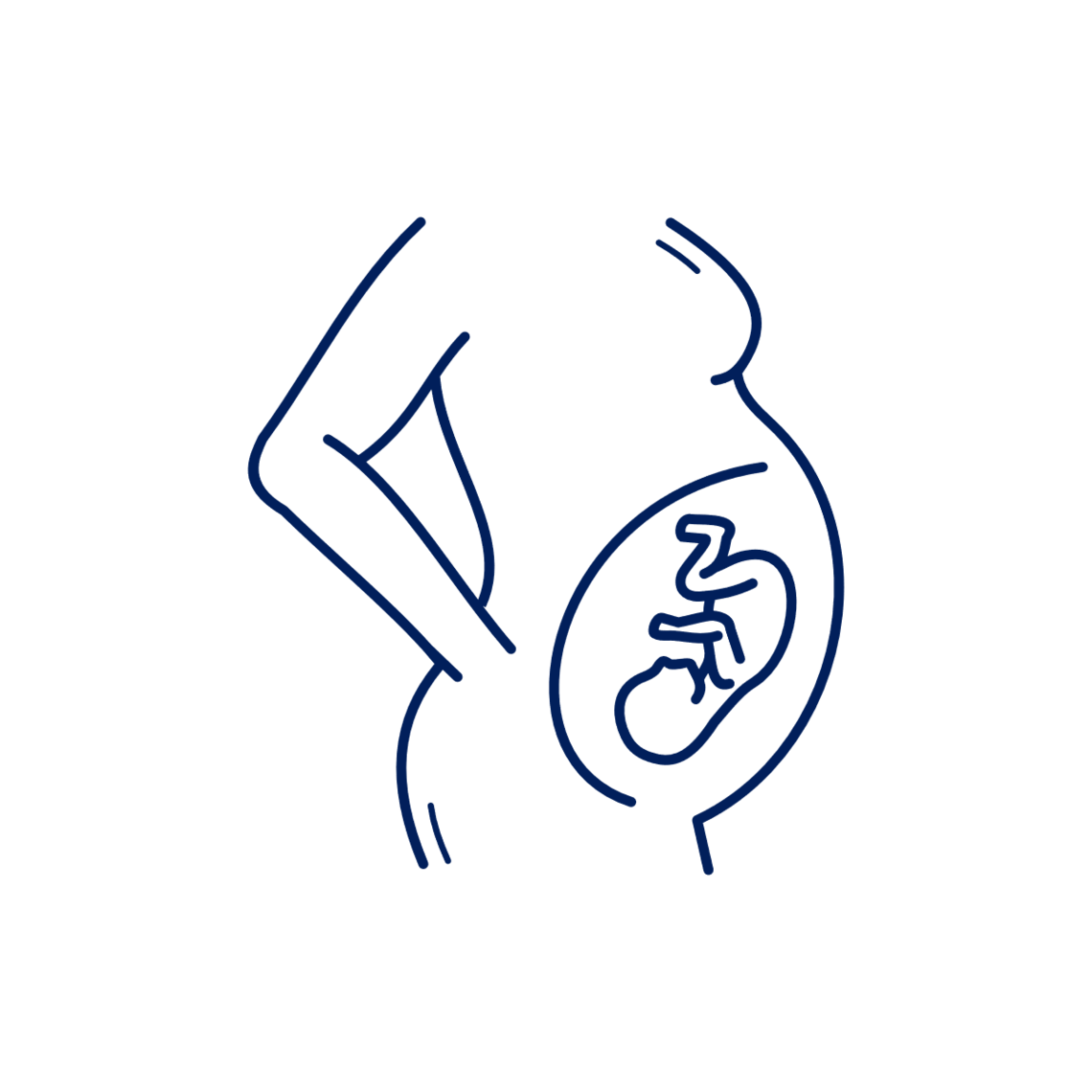
COVID-19 and Pregnancy
Anna Wexler, PhD, is examining the impact of COVID-19 on pregnant women by studying their posts about the virus on online pregnancy forums. This builds on Dr. Wexler's recently published work on online birth club forums. Read more in PLOS ONE. In this paper, she explores how women use these online forums not just for emotional and peer support but also as a place to discuss their health. “Dominant topics, such as labor and miscarriage, suggest unmet informational needs in these domains,” she finds.
Policies for Allocation of scarce critical care resources and cpr
Scott Halpern, MD, PhD, along with Doug White, MD, from the University of Pittsburgh, wrote and disseminated model hospital policies for (1) allocation of scarce critical care resources, and (2) offering CPR during the crisis. Both policies were adopted by hundreds of hospitals around the country, and the first was officially endorsed by many states. Locally, Dr. Halpern led the adoption, approval, and implementation of these policies across the six Penn Medicine hospitals. Dr. Halpern was also heavily involved in developing and disseminating an epidemic prediction model and countering the flawed notion that the US needed more ventilators to optimally combat the pandemic. Articles describing those efforts were published in the Annals of Internal Medicine here and here.


CONTACT TRACING IN PHILADELPHIA
Carolyn Cannuscio, ScD; Kevin Volpp, MD, PhD; David Asch, MD, MBA; Roy Rosin, MBA, and Mohan Balanchandran, MA, MS, are leading the effort to develop contact tracing capacity at Penn/Penn Medicine that will complement the City’s efforts. They are exploring a partnership with Google/Apple leveraging the contact tracing app they are using along with a team of contact tracers trained by Cannuscio in support of the City’s efforts.
Cancer Care at Home
As a result of the COVID-19 pandemic, Penn has moved to expand at home cancer treatments. Justin Bekelman, MD, and his team are moving low-complexity infused and injectable cancer drugs to the home setting (read more on the Center for Health Care Innovation site).


Regulatory Flexibility for COVID-19 Trials
Holly Fernandez Lynch, JD, MBE, Steven Joffe, MD, MPH, and Emily Largent, JD, PhD, RN, have been collaborating with colleagues Neal Dickert, MD, (Emory) and Patricia J. Zettler, JD, (The Ohio State University) to identify regulatory challenges to COVID-19 trials and make recommendations for ways to protect participants while promoting efficiency in pandemic circumstances. Recommendations focus on IRB oversight, informed consent, and inclusion of vulnerable populations.
Behavioral science Tips To Encourage Physical Distancing
Harsha Thirumurthy, PhD, and Alison Buttenheim, PhD, MBA, worked with ideas42, the Southern Africa Labour and Development Research Unit, and Indlela Behavioural Insights for Better Health, to develop a tipsheet with behavioral science tips for physical distancing. This one-pager offers concrete tips for how local and national governments and other institutions can use behavioral design to help slow the spread of COVID-19 in communities in low and middle-income countries around the world while facilitating social cohesion and the provision of essential services.

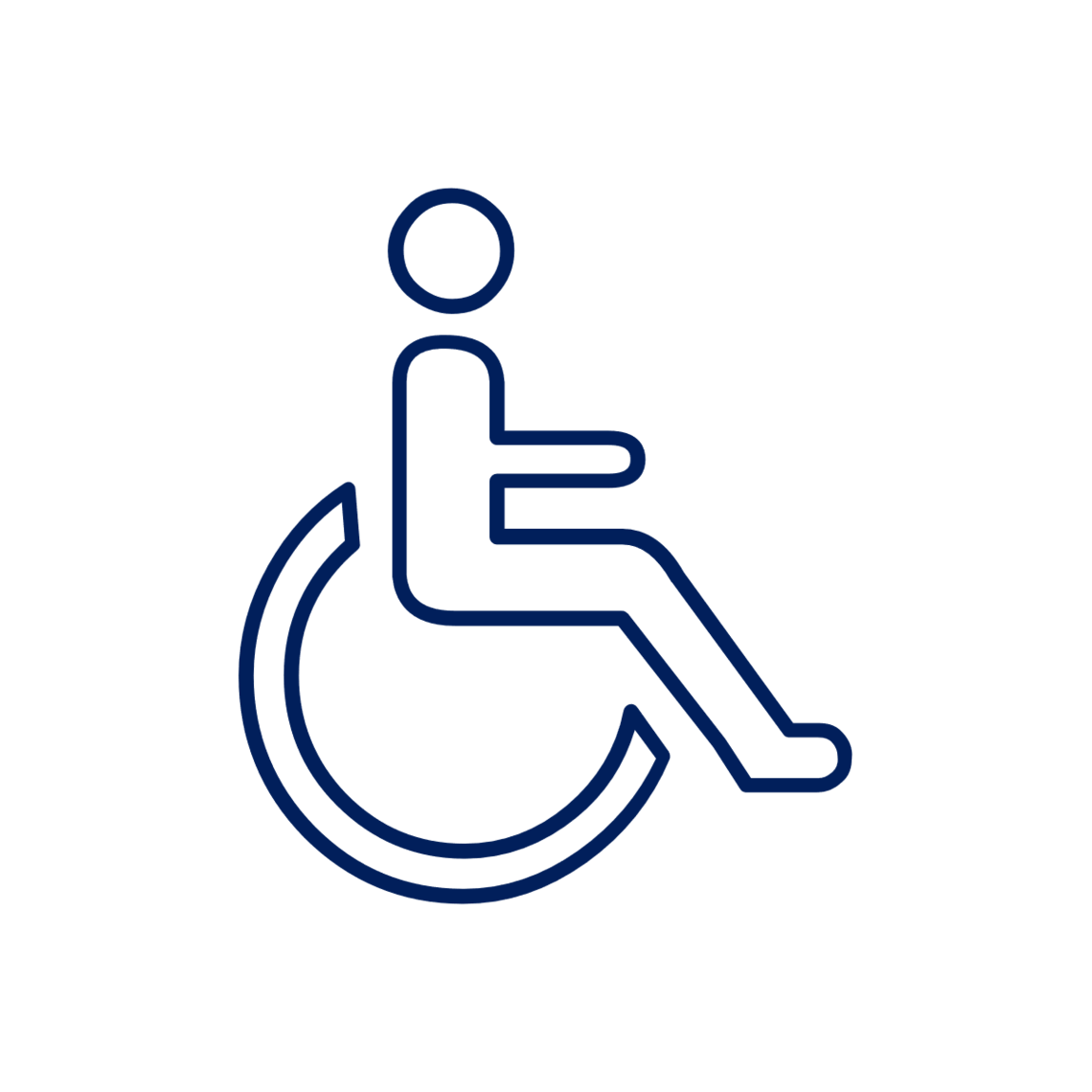
Disability and Rationing
About 1 in 4 American adults lives with some type of disability. How might their conditions influence decisions about COVID-19 care when ventilators, for example, are in great demand and short supply? Drawing on her background in ethics, nursing, and law, Emily Largent, JD, PhD, RN, examines these issues and provides insights in a free video resource available through our Online Education page.
Payment in COVID-19 Research
Emily Largent, JD, PhD, RN, and Holly Fernandez Lynch, JD, MBE, have extended their work regarding the ethics of paying research participants to specifically consider unique issues that may arise with paying participants in the midst of a global pandemic that has caused massive economic strife and strained the capacity of the research enterprise. Read their Journal of Infectious Diseases paper here.


Ethical Challenges for Nurses
Our department's Connie M. Ulrich, PhD, RN, FAAN, wrote this Hastings Center Report paper with colleagues on the ethical challenges for nurses. They dive into three ethical issues that affect nurses during this pandemic: the safety of nurses, patients, colleagues, and families; the allocation of scarce resources; and the changing nature of nurses’ relationships with patients and families.
COVID-19 Hospital Impact Model for Epidemics (CHIME)
A partnership between the PAIR Center, the Penn Medicine Predictive Analytics team, and Pulmonary/Critical Care and UPHS clinical operations leaders led to the COVID-19 Hospital Impact Model for Epidemics (CHIME) model. CHIME has been used around the country to model, for a specific location, anticipated number of days until the peak, size of the peak, probability of exceeding existing capacity, and many other parameters.


Lessons from COVID-19 for Streamlining Oversight of Quality Improvement Activities and Low-Risk Research
Holly Fernandez Lynch, JD, MBE, and Mark Neuman, MD, along with their colleague Kareim El-Boghdadly, MSc, (King’s College London), have sought to use the example of IntubateCOVID, an international registry to collect data on occupational exposures, personal protective equipment use, and health outcomes among health care workers performing intubations for COVID-19 patients, to argue for more streamlined approaches to IRB oversight of multi-site quality improvement activities and low-risk research.

Allocating Expanded Access to COVID-19 Drugs
Holly Fernandez Lynch, JD, MBE, is collaborating with Jamie Webb, MSci, (NYU) and Lesha Shah, MD, (Mt. Sinai) to make recommendations for how investigational COVID-19 drugs available through FDA’s Expanded Access pathway should be allocated to patients.
Harsha Thirumurthy, PhD, and colleagues examined how political partisanship could influence people’s responsiveness to political leaders and their recommendations regarding COVID-19 prevention. Find their paper, “Political Partisanship Influences Behavioral Responses to Governors’ Recommendations for COVID-19 Prevention in the United States,” in SSRN.


Modeling Epidemics
ThaiBinh Luong, PhD, and a colleague published a piece in JAMA on the susceptible-infected-recovered (SIR) model, which "aims to predict the number of individuals who are susceptible to infection, are actively infected, or have recovered from infection at any given time." Read more about what this model is, why it is used, its limitations, and how it should be interpreted.
Prioritizing COVID-19 Research
Holly Fernandez Lynch, JD, MBE, and Steven Joffe, MD, MPH, are collaborating with research ethics leaders nationwide to develop a set of criteria by which to prioritize between COVID-19 protocols at an institutional level and to consider how COVID-19 clinical trial slots should be allocated between potential participants.
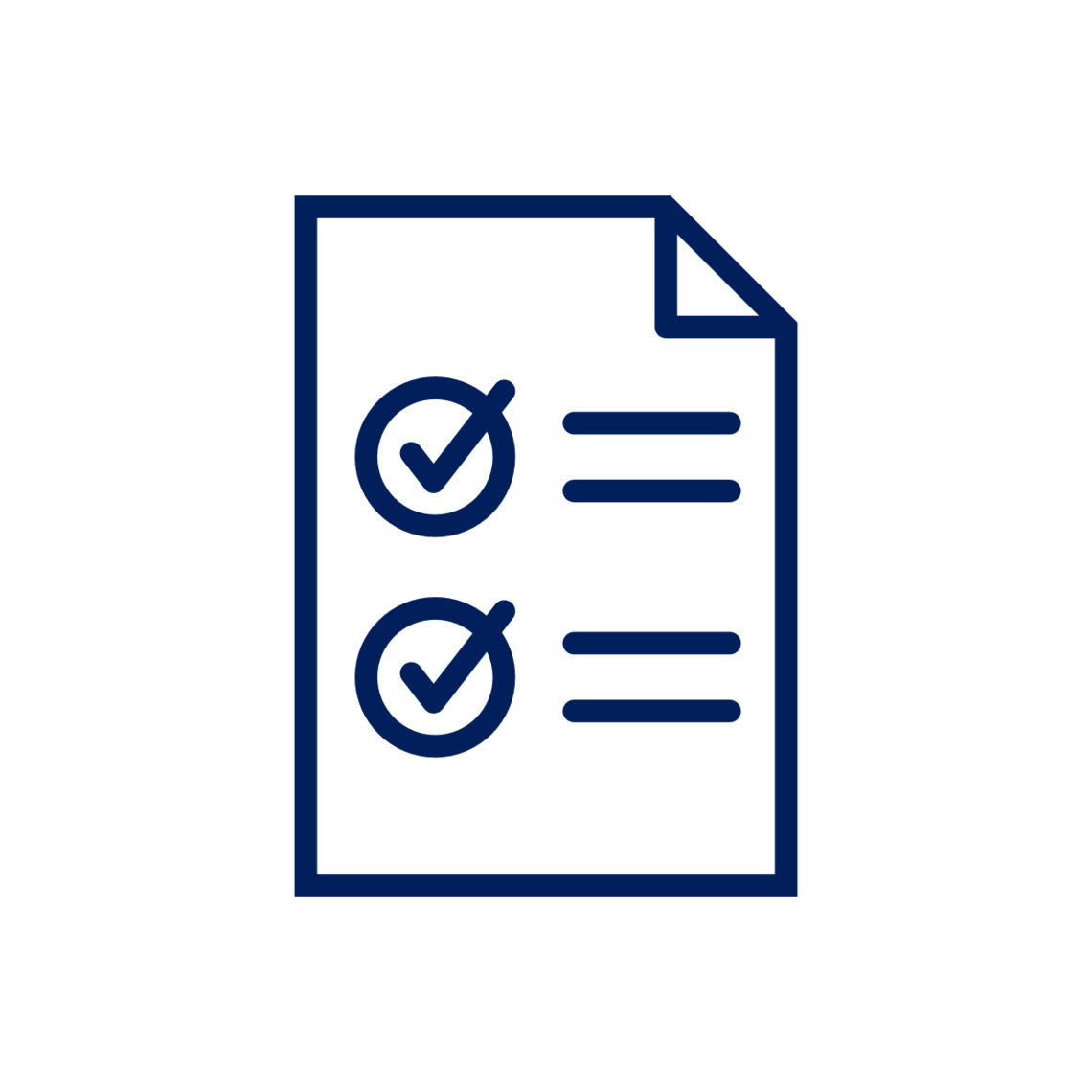

Evidence-Based Approaches to Re-opening Schools
Re-opening schools will be key to restarting the economy by allowing parents to get back to work. But when will it be safe to do so? Holly Fernandez Lynch, JD, MBE, is collaborating with colleagues to consider the ethics of using cluster randomized trials to inform those making decisions about whether to continue or end school closures.
Family-Centered Care
Joanna Hart, MD, MSHP, and colleagues published a paper in the Journal of Pain and Symptom Management that provides a toolbox of strategies for supporting family-centered inpatient care during physical distancing responsive to the current clinical climate. Find more resources for hospitals and clincians developed by PAIR faculty here.


IRB Oversight of COVID-19 Research
Through the Consortium to Advance Effective Research Ethics Oversight (AEREO), Holly Fernandez Lynch, JD, MBE, and colleagues are collaborating on an empirical project to examine IRB oversight of COVID-19 research, including the types of protocols being reviewed, approaches to review, turn-around time, and ethical considerations arising in these protocols.
Long-Term Care Workers' Second Job and Caregiving Duties
Norma Coe, PhD, and colleagues examined long-term care workers and their rates of holding second jobs, in addition to double‐ and triple‐duty caregiving roles. "To slow the spread of COVID‐19, both the paid and unpaid activities of these employees warrant consideration in the identification of appropriate clinical, policy, and informal supports," they wrote in a Journal of American Geriatrics Society paper.


COVID-19 In India
Working with Marianne Bertrand, PhD, from Chicago Booth, Heather Schofield, PhD, has formed a collaboration with a large survey firm surveying 170,000 households across India each quarter. Currently, the goal of this collaboration is to generate policy relevant insights about the current impact of COVID-19 in India using data from the existing panel as well as new COVID-specific additions to the survey. This portion of the collaborations is yielding interesting preliminary insights as to the distribution of the economic impact of the virus and the associated economic lock-downs. Read about eight of their key findings in this Chicago Booth article, and read news coverage in Economic Times here.
Ethical Inclusion of Employees in COVID-19 Research
Holly Fernandez Lynch, JD, MBE, is collaborating with Penn colleagues to consider the ethical challenges that can arise when enrolling employee health care workers in COVID-19 research, including questions related to voluntariness, confidentiality, and bias.


Distance Learning Efforts
Katy Milkman, PhD, launched digital interventions for the entire Penn student body in partnership with Angela Duckworth, PhD, and the Behavior Change for Good Initiative that were intended to help students cope with the crisis and thrive in a distance learning environment. Dr. Milkman also helped teach a new 2,000-person Wharton class about the economic, financial, and business implications of the coronavirus.
Impacts of Socioeconomic Status on Social Distancing and Consequences of Social Distancing on Domestic Violence
In addition to taking care of patients with COVID-19 in his role as a hospitalist physician at Penn Presbyterian Medical Center, Atheendar Venkataramani, PhD, MD, has also been working with two medical students and three National Clinician Scholar fellows on two distinct research projects examining the impacts of socioeconomic status on social distancing and the consequences of social distancing on domestic violence, respectively. He is working on research examining the impacts of COVID-19 on economic outcomes, and the role of public programs in mitigating these impacts.


Guidance for Health-Systems on Social Distancing and PPE
Katy Milkman, PhD, has worked with a team of over a hundred leading behavioral scientists to provide guidance to health system leaders on how to promote social distancing in hospitals and how to encourage health care workers to safely and effectively preserve their limited supplies of personal protective equipment.
Ethics of "Immunity Passports"
Govind Persad, JD, PhD, and our department’s Zeke Emanuel, MD, PhD, examined the ethics of issuing “immunity passports” or “immunity-based licenses” for those who have contracted and recovered from COVID-19. They find that “while immunity-based licenses require careful implementation and scientific support to be ethical in practice, nothing makes them unethical in principle.” Read more in this JAMA Network Viewpoint.


Ethics of reallocating ventilators
Andrew Peterson, PhD, and our department’s Emily Largent, JD, PhD, RN, and Jason Karlawish, MD, look at ways to protect vulnerable populations when making ethically fraught decisions about use of scarce resources in a BMJ analysis.
COMMUNICATION STRATEGIES HERE AND ABROAD
Katy Milkman, PhD, is working on strategies for communicating about social distancing and handwashing in developing countries where COVID-19 is beginning to spread and in the United States.
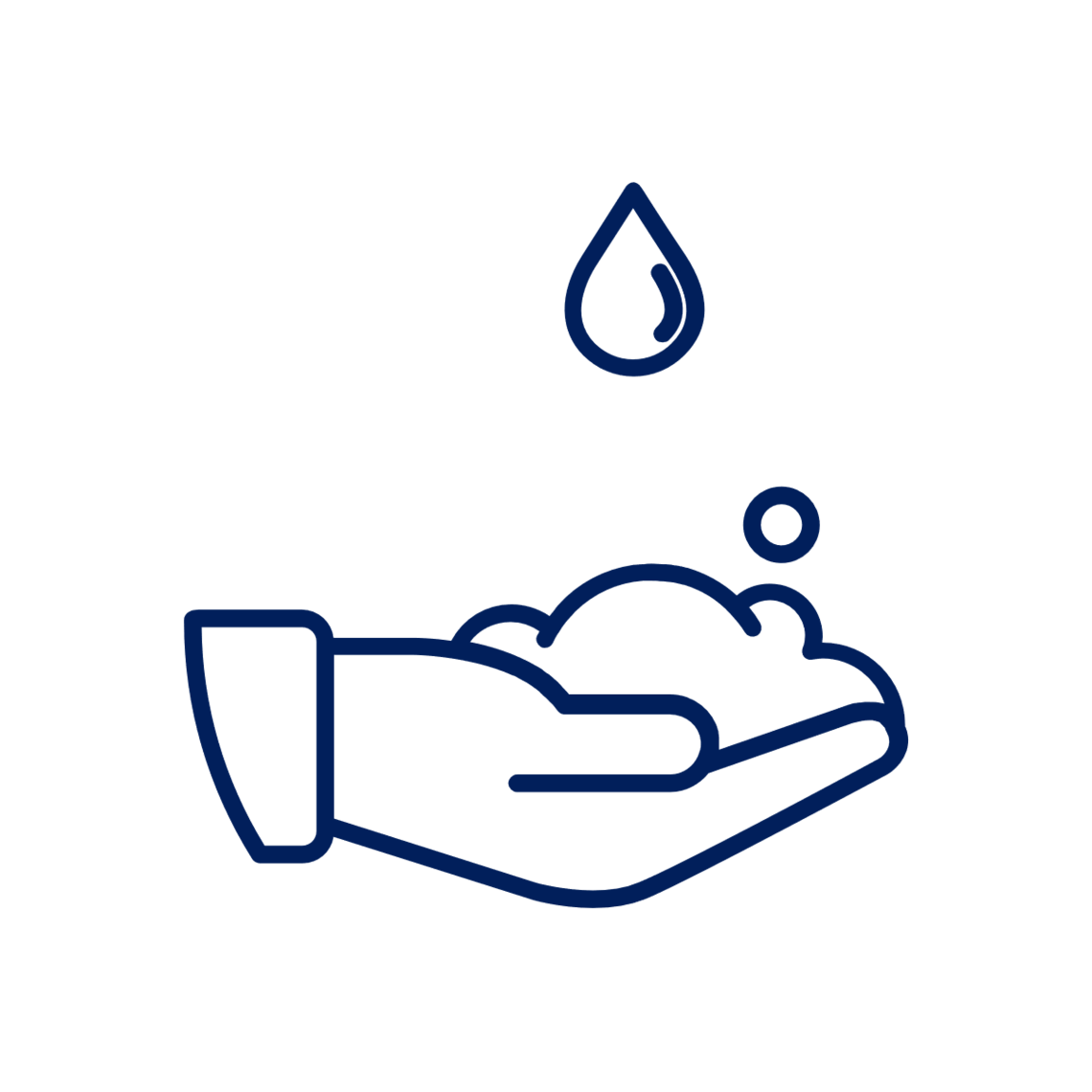

HIV/AIDS IN South Africa
Harsha Thirumurthy, PhD, and Alison Buttenheim, PhD, MBA, and their Indlela team are working to ensure that COVID-19 does not disrupt efforts to address other health challenges in lower middle income countries, such as HIV/AIDS in South Africa.
Vaccine Rationing and Social Justice
Harald Schmidt, MA, PhD, published a paper in the Hastings Center Report on Vaccine Rationing and the Urgency of Social Justice in the Covid-19 Response. In this piece, he argues that "ethical, epidemiological, and economic reasons demand that rationing approaches give priority to groups who have been structurally and historically disadvantaged, even if this means that overall life years gained may be lower."


Hospital Reimbursement
In NEJM Catalyst, Kevin Volpp, MD, PhD, et al wrote about the need for reimbursement for hospitals that added infrastructure they did not end up needing and lost revenue from suspended services during the COVID-19 pandemic.
Peter Reese, MD, MSCE, authored a paper with colleagues on "Preparing For The Next COVID-19 Crisis: A Strategy To Save Safety-Net Hospitals" in Health Affairs. In this blog post, Dr. Reese and his coauthors propose a comprehensive plan to protect vulnerable safety-net facilities.


Evidence-Based Practice During Covid-19
Anna Wexler, PhD, published a paper in The Hastings Center Report on "COVID‐19: Exposing the Lack of Evidence‐Based Practice in Medicine," which looks at how the pandemic has altered the shape of medicine. "One thing is certain: the longer the pandemic continues, the more difficult it will be for providers and patients to return to pre‐COVID norms," she and Jonathan Reisman write.
How to Reopen Amidst Fear
Amol Navathe, MD, PhD, and colleagues published a NEJM Catalyst paper addressing the need for health care providers to address patient fear as organizations begin to reopen. " Providers must address this risk realistically, encourage patients to weigh it against the risk of skipping needed care, and smooth the way for their return," they write.

